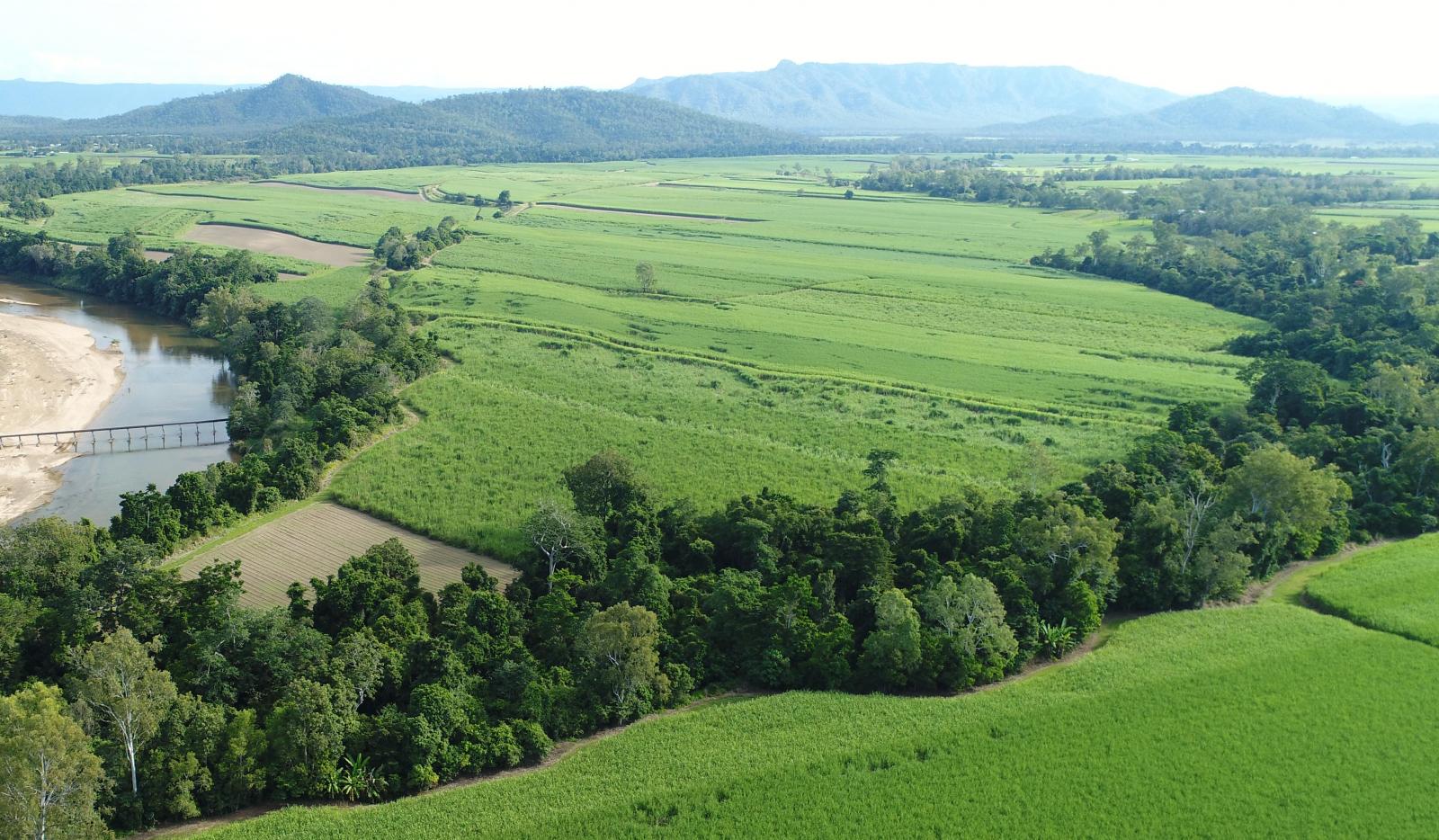Far North Queensland sugarcane growers should stand proud with the release today of a report card on the condition of the waterways of the Wet Tropics region, CANEGROWERS says.
“Eight of the nine catchments between the Daintree and Herbert rivers have been graded as Good (B) or Very Good (A) in this report card,” CANEGROWERS CEO Dan Galligan said. “That is a great outcome for the year to June 2017 and a recognition of the commitment of the sugarcane industry.
“This region is home to around 40% of Queensland’s sugarcane farmland where growers have embraced best practice on their farms to improve the quality of the water flowing to the Great Barrier Reef.
“Only one waterway was given a C rating and that was because there was insufficient data for water quality.”
The report card is published by the Wet Tropics Healthy Waterways Partnership. It compiles and analyses data from the work of many organisations which monitor water quality, habitats and fish community health.
“The Partnership is a collaboration of industry, community, research and government bodies,” Mr Galligan said.
“CANEGROWERS district organisations right along the coast are an integral part of this Partnership demonstrating the sugarcane industry’s willingness to be open, accountable and involved in addressing water quality issues for the resilience of the Reef.”
CANEGROWERS is focussed on the sugarcane industry being an important part of the future of the region’s economy, communities and environment.
“A key part of our commitment is meeting community expectations and we are seeing huge positive change in the industry,” Mr Galligan said. “We’re very proud of that change and it is heartening to see it contribute to results such as the assessments in this report card.”
In the Wet Tropics region 80% of the sugarcane farming businesses have benchmarked their practices in the industry’s Smartcane BMP program while 30% have moved through an independent audit to become accredited.
“The best practices themselves are based on industry research,” Mr Galligan said. “They are now internationally recognised as the best practices for sugarcane production in Australia and we’re now getting recognition in the supply chain from customers who want to buy sustainable sugar.”
Best practices involve managing cane paddocks and landscapes to avoid sediment loss, minimise the need for herbicides and target their use when necessary, use the optimum fertiliser rate and apply it in a manner that keeps it in the crop and out of the environment.
The Report Card is available here https://wettropicswaterways.org.au/report-card-2018/


.jpg)